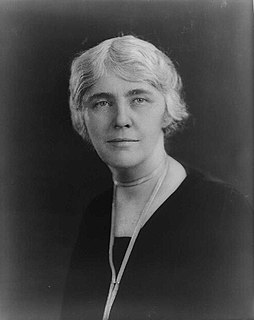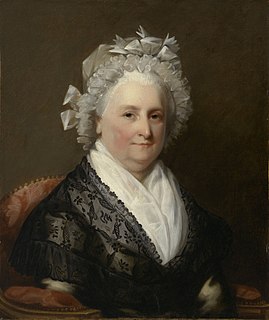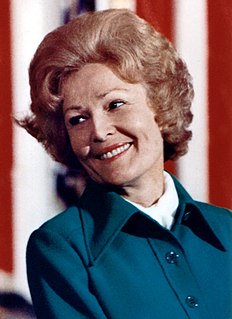A Quote by Michelle Obama
I think our democracy has it exactly right: two terms, eight years. It's enough. Because it's important to have one foot in reality when you have access to this kind of power.
Related Quotes
When you sit in the full lotus position, your left foot is on your right thigh and your right foot is on your left thigh. When we cross our legs like this, even though we have a right leg and a left leg, they become one. The position expresses the oneness of duality: not two and not one. This is the most important teaching: not two, and not one. Our body and mind are not two and not one. If you think your body and mind are two, that is wrong; if you think that they are one, that is also wrong. Our body and mind are both two and one.
I think that the influence of people with power and money to distort democracy and have their interests served before the rest of the population is the biggest problem. That is caused by two things: campaign finance and the way that's structured, and by the Citizen's United supreme court decision. So those two things are keeping democracy from working right.
Everything in comedy's got to be exactly right, which is why making a comedic film is kind of a difficult process, because, for most of the two years of shooting it and editing it and reshooting and all of that, it's not quite right. And it's only when you just at the end, you put the final polish on it, it becomes really funny again.
In terms of our democracy, we are sort of shrugging our shoulders and saying, oh dear, Guantánamo, that's so awful, that's so awful, but it's here. The pendulum usually swings from left to right and then right to left, but there are so many people in power who have taken the pendulum and just pinned it to the right that there is a fear that it's never going to swing back.
I am afraid that I think both the near future environmental reality and political landscape are not looking good - and they are connected. The best tool we have for advancing environmental solutions is our democracy, and we can't currently access it because it has been so thoroughly hijacked by big corporate interests.
The ethos of 50 years ago was that there was one kind of English that was right and everything else was wrong; one kind of access that was right and everything else was inferior. Then nobody touched language for two generations. When it gradually came back in, we didn't want to go back to what we did in the 1950s. There's a new kind of ethos now.
I think, again, on issues of energy, how are we going to fully utilize our energy resources in this country? What is the role of the federal government in higher education? What kind of justices would you appoint to the Supreme Court, not just because we have a vacancy now, but at least one or two potentially in the next four to eight years?
We were doing the same thing. We will never have "a" Chicano English or Spanish because of regional differences. But I think that because of our bilingual history, we'll always be speaking a special kind of English and Spanish. What we do have to do is fight for the right to use those two languages in the way that it serves us. Nuevo-mexicanos have done it very well for hundreds of years, inventing words where they don't have them. I think the future of our language is where we claim our bilingualism for its utility.
When we can let go of what other people think and own our story, we gain access to our worthiness—the feeling that we are enough just as we are and that we are worthy of love and belonging. When we spend a lifetime trying to distance ourselves from the parts of our lives that don’t fit with who we think we’re supposed to be, we stand outside of our story and hustle for our worthiness by constantly performing, perfecting, pleasing, and proving. Our sense of worthiness—that critically important piece that gives us access to love and belonging—lives inside of our story.
In a democracy - even if it is a so-called democracy like our white-?litist one - the greatest veneration one can show the rule of law is to keep a watch on it, and to reserve the right to judge unjust laws and the subversion of the function of the law by the power of the state. That vigilance is the most important proof of respect for the law.
I am a Mexican. The United States lived seventy-five years with the one party system in Mexico - the PRI - without batting an eyelid, never demanding democracy of Mexico. Democracy came because Mexicans fought for democracy and made a democracy out of our history, our possibilities, our perspectives. Democracy is not something that can be exported like Coca-Cola. It has to be bred from the inside, according to the culture, the conditions of each country.

































